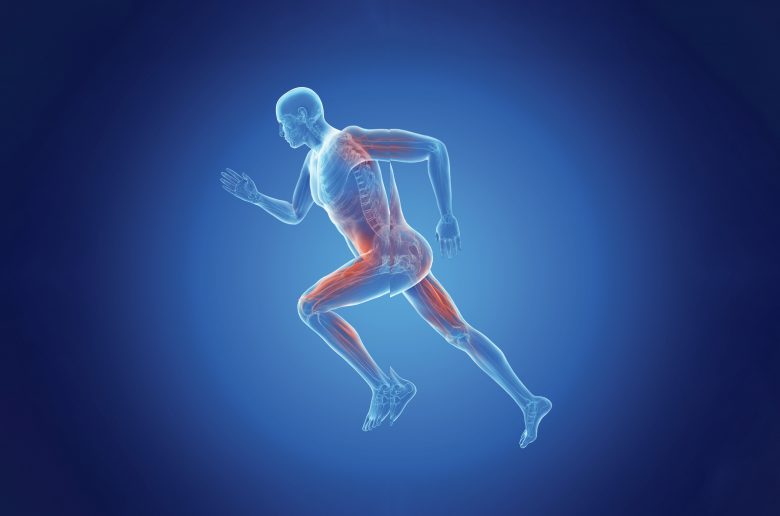
Overheating is one of the possible explanations for why Paula Radcliffe dropped out of the 2004 Olympic marathon
TopFoto
Thermoregulation is the ability of an organism to maintain a constant internal body temperature. During exercise, heat is generated in the body as a result of the chemical reactions (metabolic processes) that take place to produce energy.
Long-distance runners can sometimes experience difficulty with temperature regulation. The heat that is produced through muscle contraction raises the core body temperature, which causes blood viscosity to increase and metabolic processes to slow down. This means that the performer is unable to sweat efficiently and dehydration occurs.
Your organisation does not have access to this article.
Sign up today to give your students the edge they need to achieve their best grades with subject expertise
Subscribe




